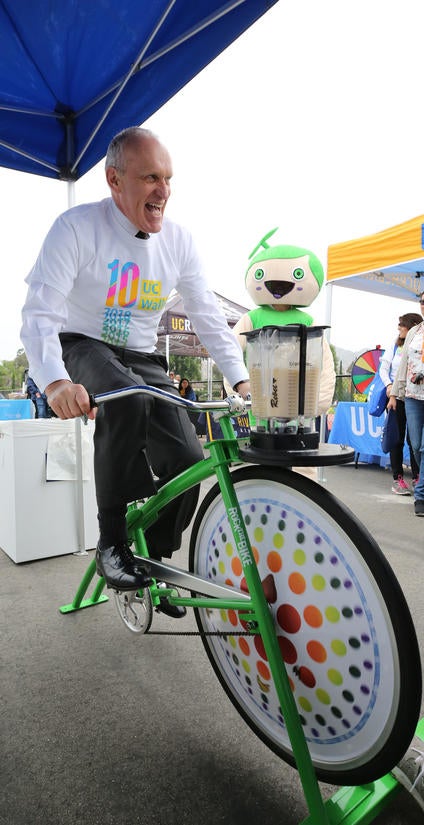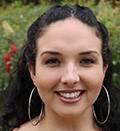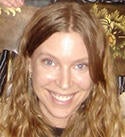A culture of health is achieved when the organization’s structures, policies, procedures, or practices are aligned to support or maintain health. Focusing on creating a healthy culture and environment supports individual’s behavior change efforts and provides the infrastructure to make the healthy choice, the easy choice.
- Identify areas where health and well-being can be infused into the fabric of UCR daily operations, business practices, and academia.
- Identify gaps between institutional practices, systems and behaviors and look for ways to improve them.
Healthy Campus Pedagogy Practices |
Faculty (including TA’s and instructors) play a role in creating and fostering positive learning environments that impact the student experience. The following documents provide suggested strategies to incorporate and integrate health and well-being concepts into your classrooms and student activities. |
Alternative Work Arrangement Guidelines |
UCR promotes and supports work/life flexibility and integration through guidelines that support employee flexibility at work. Alternate Work Schedules are a part of the campus Work/Life program and allow staff and departments some flexibility in defining when, where and how work is done. This flexibility is a critical driver of employee well-being and performance and is responsive to the changing professional and personal demographics of the multi-generational workforce. For more information on the alternate work arrangement guidelines, please visit the Alternative (Flexible) Work Schedules webpage. |
Faculty Role on Campus Health |
In response to low faculty involvement, relative to student and staff involvement, in UCR’s Healthy Campus, the investigator, a Healthy Campus Advisory Board member, and a UCR faculty member, initiated research to explore UCR faculty’s perceptions of health on campus. The study examined the faculty’s perceptions of campus health needs and resources, the faculty’s role in health on campus, and barriers to greater faculty engagement in campus health promotion. Thirty-one faculty from the colleges of Humanities, Arts, & Social Sciences, Natural & Agricultural Sciences, and Business participated in focus groups in Fall 2018. For more information, please review the Faculty Role on Campus Health Executive Summary or the full Faculty Role on Campus Report. |
What Does a Healthy Campus Look Like |
The Culture Change Sub-committee displayed 3 posters at the HC Celebration/Culture Change table asking, “What does a healthy campus culture look like to you?” Staff and faculty were given blue post-its to write on and students were given pink post-its. The question was deliberately open-ended. We wanted to evaluate UCR campus community perceptions and use this information and inform future activities. See how 254 UCR students, staff and faculty responded to the What Does a Healthy Campus Look Like Survey. |
Guidelines for Conducing Healthy and Productive Meetings |
UCR Healthy Campus supports a healthy work and learning environment both on and off campus and is committed to the health, safety and well-being of our students, faculty and staff. In light of the pandemic, the Guidelines for Conducting Healthy and Productive Meetings were developed by Healthy Campus partners with the goal of providing strategies to conduct effective meetings while considering the well-being of meeting participants. |
|
Crystal Petrini |
Department Manager |
||
|
Jennifer Syvertsen |
Associate Professor |







